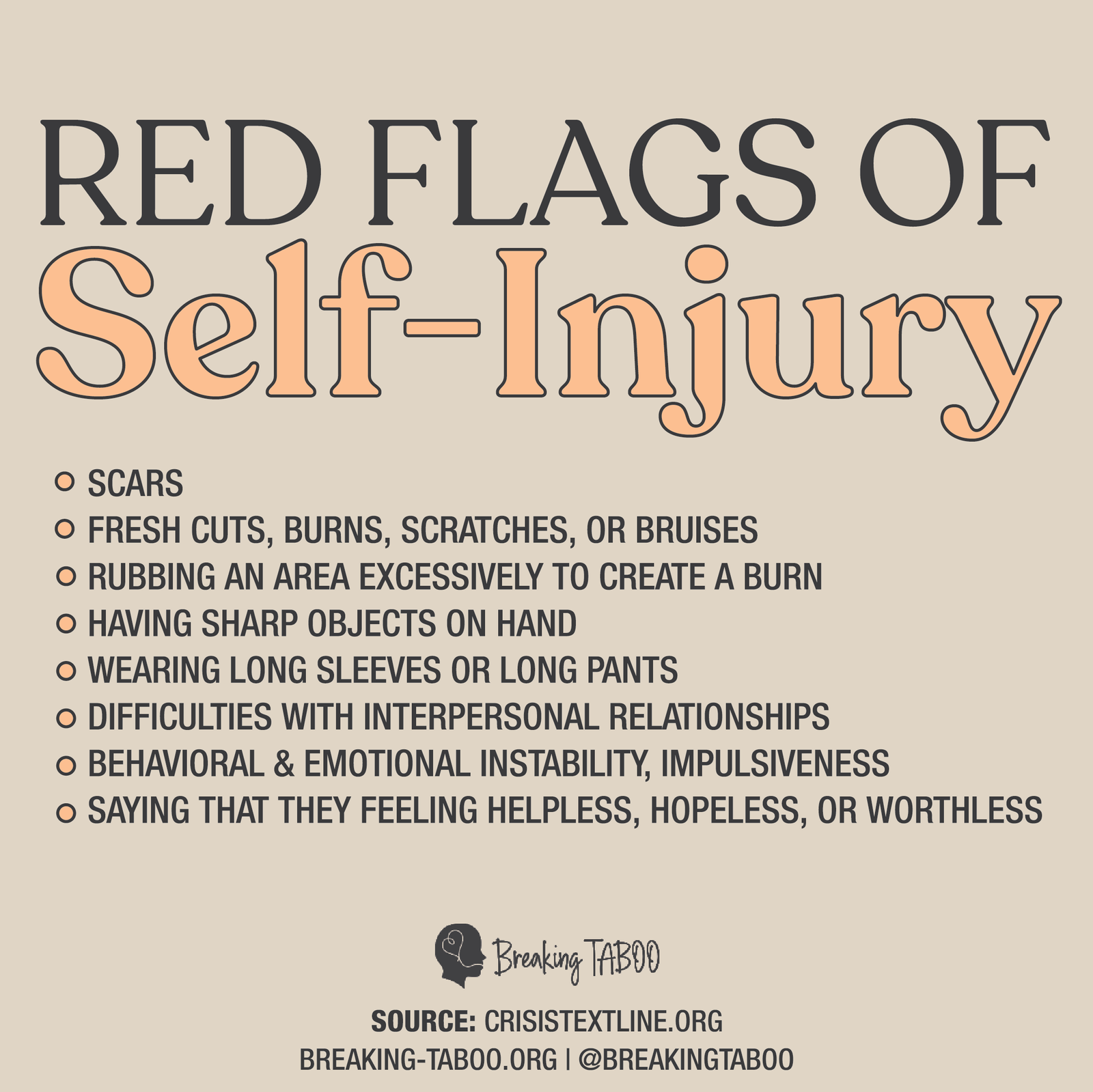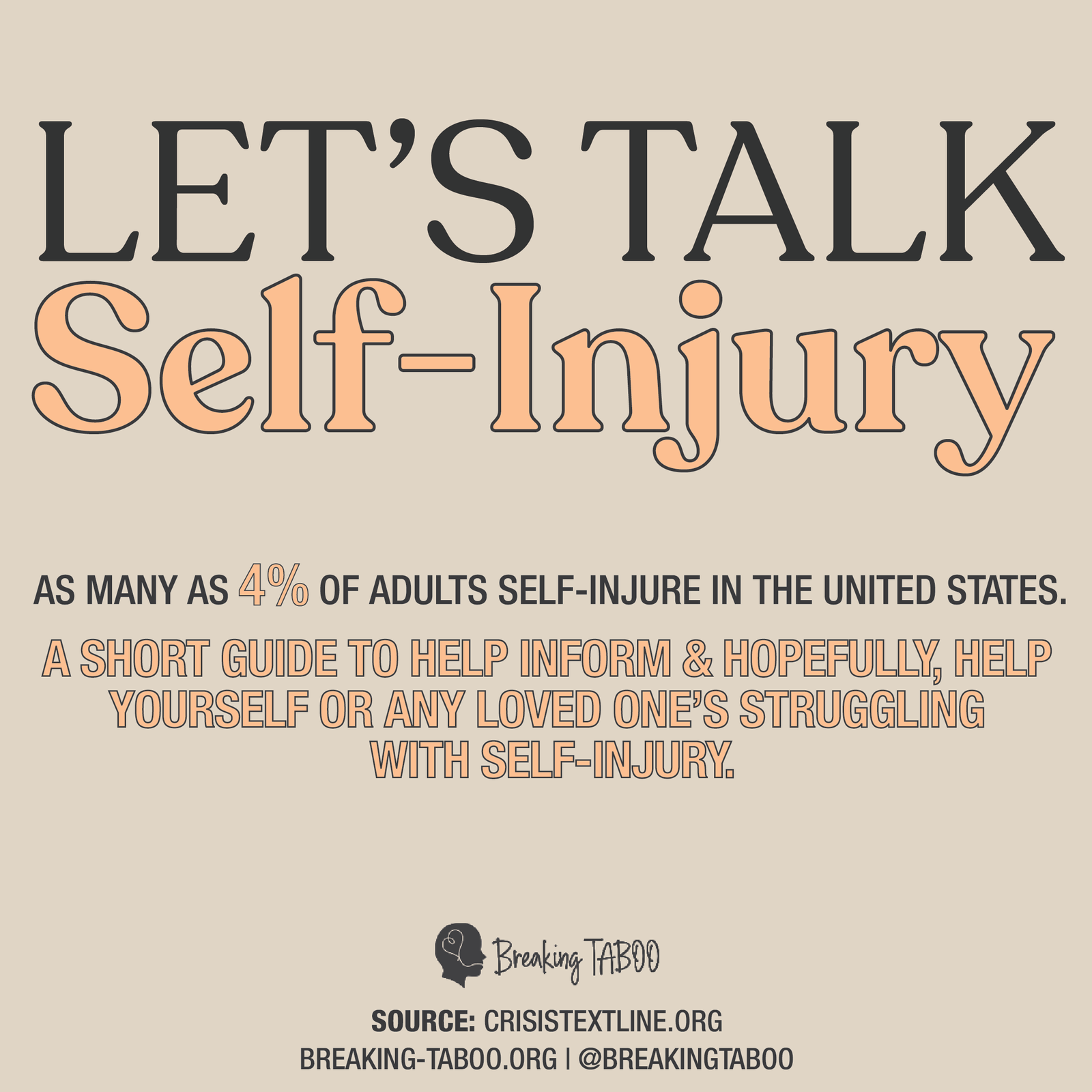With over 17 million American adults suffering from major depressive disorder (1), it’s not unlikely that you may know someone who is currently living with this condition. Although professional treatment is invaluable in helping depressed individuals recuperate and heal, friends and family members can also provide the much-needed support that will make their day-to-day lives a little easier to manage. It can be difficult to know what to do, especially if you haven’t experienced depression before. This article will offer you actionable steps and advice that will help you properly care for and support your loved one.
Understand The Symptoms
By now, you may be familiar with the most common signs of depression – sadness, lack of motivation, and feelings of hopelessness. Although these are fairly easy to identify, other signs may not be so obvious or can be easily misinterpreted. Oftentimes, depression will come out as aggravation, anger, and irritability. It is important for you to remember that aggressive or snappy remarks toward you should not be taken personally. You may have just caught your loved one in a moment in which they were distressed, so even if their aggression is directed toward you, the reason for their anger may not be your fault at all. (2)
To learn more about other symptoms, you can look up informational articles that will help you better understand the condition of your loved one. You will find valuable resources on our own website as well as on the website of the NIH (National Institute of Mental Health).

Be Conscious Of How You Communicate
Even if you can’t understand the reason why your loved one feels the way they do, or you think that they shouldn’t feel so depressed over “x”, it’s critical that you not use language that will invalidate their feelings. For example, you should avoid utilizing phrases like:
– “It’s not that bad.”
– “It could be a lot worse.”
– “Some people have it worse than you and they’re fine.”
– “Just try thinking more positively.”
This will make your loved one feel like they aren’t allowed to feel the way they do. Even though it is true that someone will always have it worse and might be handling the situation more positively, it doesn’t change the fact that your loved one’s feelings are real and shouldn’t be dismissed.
Instead, you can say things like:
– “You’re not alone. I’m here for you.”
– “Please tell me how I can help you.”
– “Tell me how you’re feeling.”
– “You’re important to me. Your life is important to me.”
Using language like this will show your loved one that even if you don’t truly understand their feelings, you acknowledge them, love them, and want to help in any way you can. (3)
Offer To Help With Daily Tasks
It can be hard for depressed individuals to feel motivated to complete certain tasks, or they may become easily overwhelmed with everything they need to do. If you are able to lend a hand with daily tasks, that would be a great help for your loved one. If you are available, you can offer to help them with tasks such as doing the dishes, cleaning the house, folding laundry, and cooking. A little bit of help can go a long way and will reduce the stress of your loved one. (4)
Make Flexible Invitations
Depression can make it difficult for individuals to reach out to friends and family. They may feel nervous about trying to make plans if they feel like they might need to cancel because of their mental state. Even if they feel up for the plans at the time in which they’re made, when the day comes, they may feel differently.
A great way to help your loved one with this is to ask if they’d like to go out or do something fun together, without setting anything in stone. Clearly express that you completely understand if they don’t feel up to it the day of the plans and that it’s okay to reschedule for a different day when they’re feeling better.
Expressing that you want to spend time with them will make them feel loved, as sometimes depressed individuals may feel reluctant to spend time with others because they don’t want to drag the mood down. (5)
Inspire Them To Take On A Healthy Lifestyle
Numerous studies have shown that exercise not only benefits the body but also the mind. Regular exercise has been demonstrated to aid with depressive symptoms, stress, sleep, and even improve one’s self-esteem. All forms of working out are beneficial, but some good examples of moderate exercises include:
– biking
– low-impact aerobics
– light jogging
– walking
– yoga (6)
It can be challenging for even someone who isn’t depressed to get started on a workout routine. If you are able, offer to exercise with them. Having you by their side will improve the chances that they’ll stick with it and have a more enjoyable time overall.
You can also encourage them to eat a more balanced diet. A recent study revealed that poor diets can negatively impact people’s moods. More specifically, diets that mainly consist of processed foods are linked to the development of depression. Although it is not necessary for them to give up certain foods completely, cutting back on the following may help your loved one’s mental state:
– sugars and sweeteners
– soda and energy drinks
– processed meat products
One of the diets health experts recommend is the Mediterranean diet, which is rich in legumes, beans, vegetables, whole grains, and fish. This type of diet has been linked to improved mood. (7) As with exercise, you can help them along on their journey to a healthier diet by joining them during mealtimes in which you are available.
Encourage Treatment
If your loved one is not currently seeking psychological or psychiatric treatment, encouraging professional help will be key in aiding with their recovery. This step can be particularly challenging. Your loved one may feel that seeking help is pointless since they may think there is no hope for their condition to improve. A simple way to approach this is to encourage your loved one to get a general check-up with their family physician. The doctor can diagnose their depression and refer your loved one to a reputable psychologist or psychiatrist. Another thing you can do is offer to search for a treatment provider on your own since doing so may be very overwhelming and even exhausting for your loved one. (3)

Pay Attention To Signs Of Suicidal Intentions
Although it may be difficult to accept that your loved one may have thoughts of harming themselves, depression can be so intense that suicide may sometimes be seen as the only option to escape it. You must pay close attention to what your loved one is saying and how they are behaving. Some behaviors to watch out for include:
– talking about hurting themselves or ending their lives
– expressing thoughts of hopelessness
– speaking negatively about themselves
– partaking in self-destructive activities
– seeking substances such as pills
– seeking out weapons or potentially lethal objects
– saying goodbye to family members, friends, and other individuals in their circle
– displaying sudden, unexplained calmness
If your loved one displays any of these warning signs, bring it up to them immediately. Waiting to see if those behaviors appear again can, unfortunately, mean waiting too long, and by then, it may be too late. It is, of course, a stressful discussion to have with your loved one, but emotional support at the moment can help save their life. If you feel like your words aren’t getting through to them, seek help as soon as possible. You can call the National Suicide Prevention Lifeline for immediate assistance (800-273-8255). (3)
Take Care Of Yourself
Spending time with someone who is depressed may impact your own feelings and state of mind, especially if that person is someone you really care about. It’s essential that in the process of taking care of your loved one you also look out for yourself and make sure you’re okay. Furthermore, it will be hard for you to help your loved one when you aren’t feeling well yourself. (3)
You can do this by simply finding some time for yourself. You can partake in activities that you enjoy or even go out for a walk and spend some time in nature. Being surrounded by nature can help calm your mind and reduce your stress. (8) Never feel guilty about needing some time for yourself or prioritizing your own well-being.
Conclusion
Having a family member or friend that is going through depression can be stressful for you and everyone else around them. It can be tough to know what to do in times when your loved one is visibly upset, and it’s true that you can only do so much, but as long as you’re there for them and are being supportive, that can be more than enough. Remember to use gentle language as words can be much more harmful to a depressed individual. Encourage them to take care of themselves in any way they can, make plans with them even if you know they may fall through, pay attention to how they’re feeling, and most importantly, show them how much they mean to you and how much you love them.
~ Paola Caamano

Paola is a passionate writer with an M.A. in Communication and a B.A. in Psychology – both obtained from Kean University. With an unwavering commitment to growing her skillset, she aims to expand her professional horizons by taking on new challenges. In her spare time, she enjoys drawing, reading, playing video games, and watching k-dramas with her dogs.
______________________________________________________________________________
Sources:
- https://www.dbsalliance.org/education/depression/statistics/
- https://www.verywellmind.com/how-to-help-someone-with-depression-1065117
- https://www.helpguide.org/articles/depression/helping-someone-with-depression.htm
- https://www.webmd.com/depression/helping-depressed-person
- https://www.healthline.com/health/how-to-help-a-depressed-friend#how-to-help
- https://www.webmd.com/depression/guide/exercise-depression
- https://www.goodrx.com/conditions/depression/depression-and-diet-relationship
- https://www.health.harvard.edu/mind-and-mood/a-20-minute-nature-break-relieves-stress



